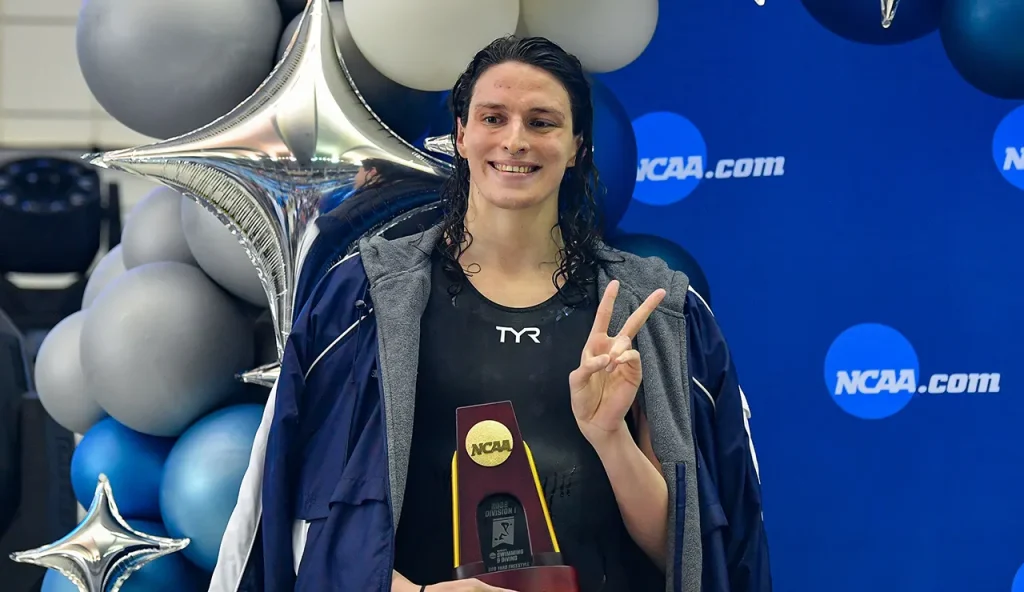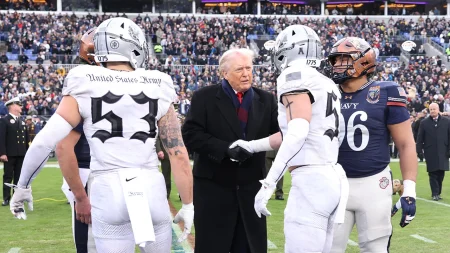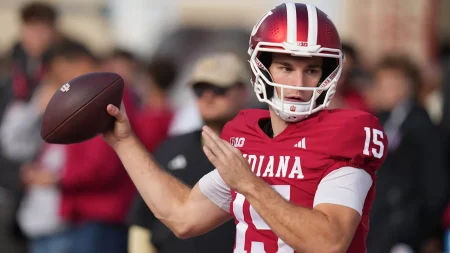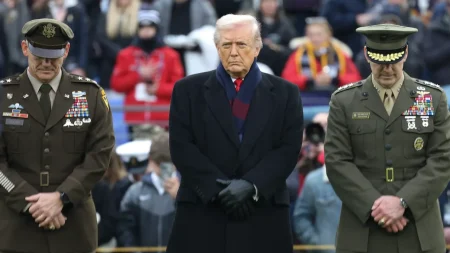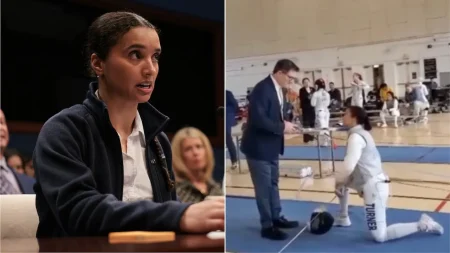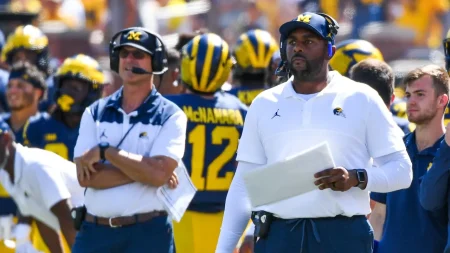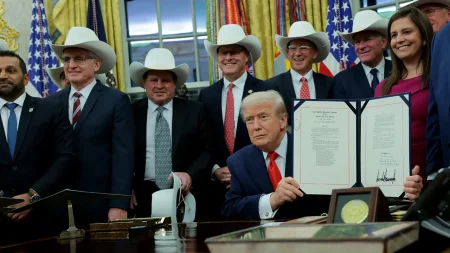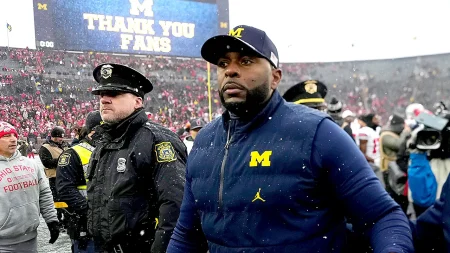Professional Sports Teams Sponsor Award Ceremony Honoring Lia Thomas
In an event that has sparked discussion across the sports world, Major League Soccer’s Los Angeles Football Club (LAFC) and the Los Angeles Dodgers co-sponsored Rainbow Lab’s Violet Visionary Awards ceremony on Thursday night. The ceremony featured transgender swimmer Lia Thomas receiving a “Voice of Inspiration” award, described as recognition for “an individual whose story and actions ignite hope and courage within the LGBTQ+ community.” Thomas, who made headlines in 2022 after becoming the first openly transgender athlete to win an NCAA Division I national championship in women’s swimming, has become a central figure in ongoing conversations about transgender participation in women’s sports. When contacted by Fox News Digital about their sponsorship of the event, neither sports organization provided comments regarding Thomas receiving the honor.
During the ceremony, LAFC was represented by spokesperson Daisy Chavez, who delivered remarks emphasizing the longstanding presence of LGBTQ+ individuals in sports. “We are a community of queer fans, local leaders, supporters, and activists of the Los Angeles Football Club,” Chavez stated. Her speech highlighted that LGBTQ+ people have “always been here” in sports as athletes, fans, and enthusiasts. Chavez expressed pride in representing the queer community and emphasized their ongoing contribution to sports culture. The supportive stance taken by these professional sports organizations reflects a broader trend of sports entities engaging with LGBTQ+ issues, though such involvement continues to generate varied responses from fans, athletes, and commentators alike.
The recognition of Thomas at this event has reignited discussion around transgender athletes in women’s sports. Riley Gaines, a former competitive swimmer who tied with Thomas at the 2022 NCAA championships, expressed strong disapproval of the award. Speaking to OutKick, Gaines questioned the framing of Thomas as inspirational, stating, “The only people Will Thomas inspires are other men who realized you can take everything from women – our records, our spaces, our opportunities – and still get a standing ovation.” Gaines’ comments reflect one perspective in the complex debate surrounding fairness, inclusion, and the nature of sports competition that has intensified since Thomas’ championship victory.
The controversy surrounding Thomas’ athletic career has contributed to significant policy changes across the United States. Currently, twenty-nine states have implemented regulations concerning transgender participation in girls’ and women’s sports. These policies vary in their approach and restrictions, demonstrating the complex patchwork of responses to questions about competitive fairness and inclusion. At the federal level, former President Donald Trump signed an executive order in February prohibiting transgender athletes from competing against females, further highlighting how this issue has moved beyond sports into broader political and cultural spheres. These policy developments underscore how individual athletes like Thomas have become focal points in wider societal discussions about gender identity and competitive sports.
Professional sports teams’ involvement in LGBTQ+ recognition events represents the evolving relationship between sports organizations and social issues. The Dodgers and LAFC, by sponsoring the Violet Visionary Awards, have positioned themselves within ongoing conversations about inclusion in sports. Their participation comes at a time when sports leagues increasingly navigate complex social and political landscapes, balancing various stakeholder perspectives including those of fans, players, sponsors, and community groups. For many LGBTQ+ advocates, such sponsorship signifies important institutional support, while others question whether sports organizations should take positions on what they consider controversial topics. This tension highlights the challenging terrain professional sports teams navigate as they define their roles beyond the playing field.
As sports continue to intersect with broader societal discussions about gender, identity, and fairness, events like the Violet Visionary Awards illustrate how athletic achievement has become intertwined with cultural recognition and political discourse. The honoring of Lia Thomas represents for some a celebration of breaking barriers and expanding notions of inclusion in sports, while for others it raises fundamental questions about competitive categories in athletics. What remains clear is that professional sports organizations now operate in an environment where their sponsorships and affiliations carry significant symbolic weight. As policies continue to evolve at state and federal levels, and as public opinions remain divided, the conversation around transgender athletes in sports will likely continue to be a prominent feature of both athletic and cultural landscapes for years to come.




